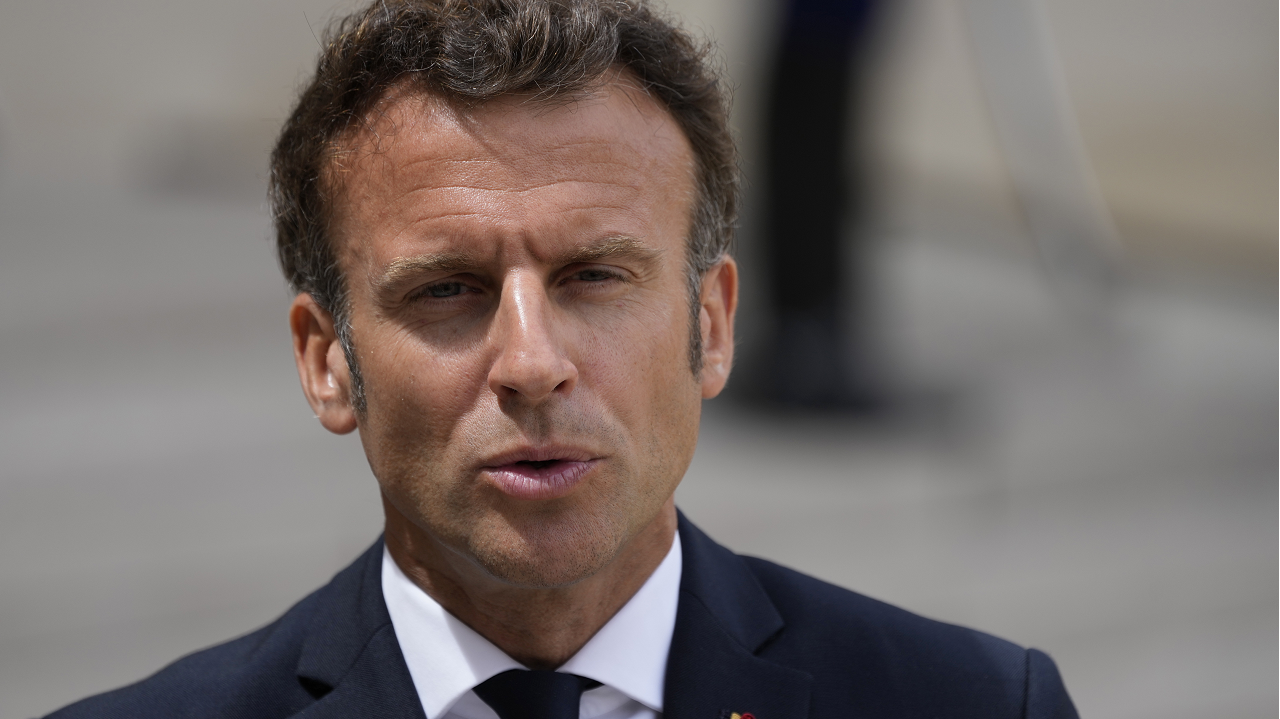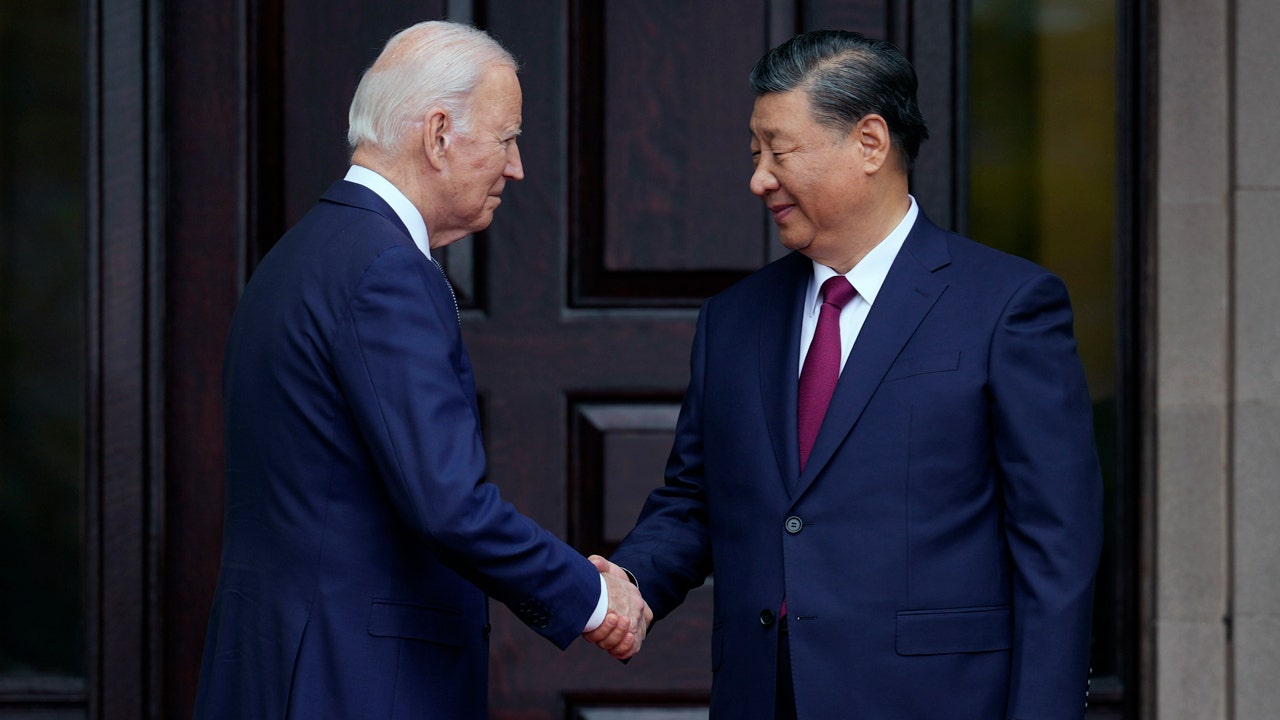A landslide victory for Britain’s center-left Labour Party is a seismic moment in the country’s politics, returning to power a party that just five years ago suffered its most crushing defeat since the 1930s.
Keir Starmer, the Labour leader, becomes prime minister with a majority of about 170 seats, almost as large as the majority Tony Blair achieved in 1997.
While Labour surged to victory, the Conservative Party crashed to the worst loss in its history, claiming only around 120 seats, lower than its previous worst result in 1906, when it won 156 seats. A new populist, anti-immigration party, Reform, burst onto the scene, winning a significant vote share though only a handful of seats. And there were striking gains for the centrist Liberal Democrats.
Here are five takeaways to help make sense of the results.
Labour is back
A party that was crushed in the 2019 general election is not just back in power but is also now the dominant force in British politics. Mr. Starmer has purged the hard left from his party and shifted Labour to the center ground, and he ran the election campaign on a simple message: “Change.”
Dozens of parliamentary seats returned to Labour, but the party’s share of the overall vote was modest, at about 34 percent — something of a warning sign for the new government.
Labour’s success was achieved by securing votes efficiently in the areas it needed to win critical parliamentary seats, and that was enough to deliver an emphatic victory.
Speaking to voters in his first address when Labour’s results became clear, Mr. Starmer said the country had “an opportunity after 14 years to get its future back.”
“Across our country, people will be waking up to the news that a weight has been lifted, a burden finally removed from the shoulders of this nation,” he added.
Reform was another winner
Nigel Farage, an ally of Donald J. Trump, had tried seven times to become a member of Parliament, failing on each occasion.
Until now.
Mr. Farage won the race in Clacton, a faded seaside region in eastern England, and his new Reform party scored a significant vote share of around 14 percent in the general election nationwide, making it the third-largest party by that measure.
Under Britain’s electoral system, however, that translated into only five confirmed seats for Reform in Parliament. That will still give the party a foothold in Britain’s politics, though, unnerving the Conservatives and presenting Mr. Farage with a platform for his anti-immigration agenda.
In his victory speech in the early hours of Friday morning, Mr. Farage made his ambitions clear, declaring, “There is a massive gap on the center right of British politics and my job is to fill it.”
With the U.S. presidential election looming, Mr. Farage’s relationship with Mr. Trump is likely to remain a focus. Early on Friday, Mr. Trump offered congratulations to his populist ally, calling Mr. Farage’s election victory in his seat a “big WIN.”
The Conservatives were squeezed on all sides
In 2019, the Tories campaigned to “get Brexit done” and won votes from a broad range of voters in the south and in traditionally Labour-supporting, deindustrialized areas in the north and Midlands. That coalition unraveled spectacularly this time. In the south, the Conservatives lost seats to the Liberal Democrats, a centrist pro-European party. In the north, Labour regained some of its old strongholds.
But the Conservatives were also damaged badly by Reform, which split right-wing support and took enough votes to cost them a significant number of seats. While the results were terrible for the Tories and several cabinet ministers were among the losers, they were not quite as bad as the disaster scenario of fewer than 100 seats that some pollsters had predicted.
The Liberal Democrats had a great night
In 2015, voters punished the Lib Dems for joining an austerity-focused coalition government led by the Conservatives and reduced them to just eight lawmakers. Since then, it has been a long, slow road to recovery. In this election, the Lib Dems were ruthless in targeting areas, particularly in the south of England, where they were well placed to defeat Conservative candidates. The party’s leader, Ed Davey, ran a high-spirited campaign while also opening up about his role caring for his disabled teenage son.
His reward is a return of about 71 seats and the restoration of the party’s status as Britain’s third-largest in terms of number of lawmakers, a position that the Lib Dems had previously lost to the Scottish National Party.
Turnout sagged
While voters chose decisively to eject the Conservatives, turnout was low, with only about 60 percent of those eligible casting ballots, according to the BBC.
That would make it the second-lowest turnout in a British general election since 1885, after the vote in 2001, when 59 percent took part.
The low figure speaks to the mood of an electorate that seemed frustrated with the last government but hardly full of optimism about the next one. It also pointed to the challenge facing the new Labour government, which will have to work fast if it wants to restore disillusioned voters’ faith in mainstream politics.
Megan Specia contributed reporting.






